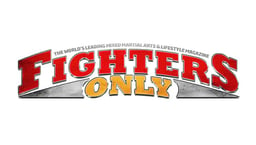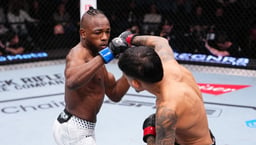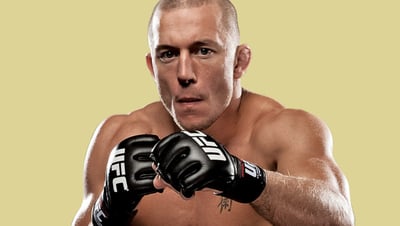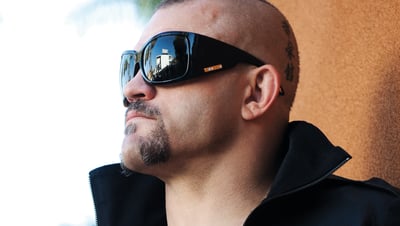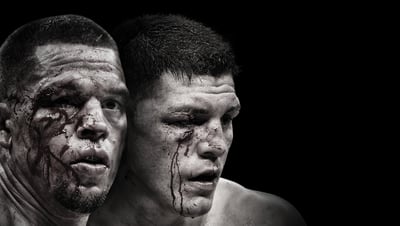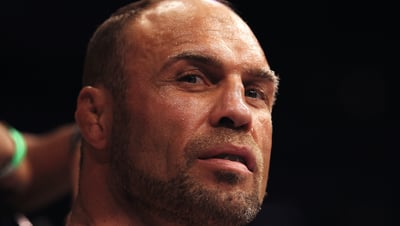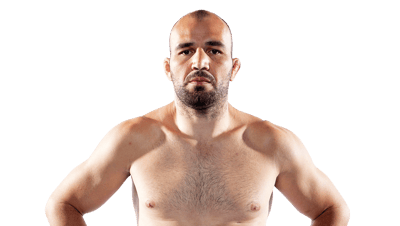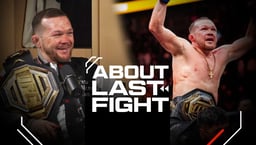Some fighters are made… others are born. Perhaps the fighter who epitomizes a man born to fight more than any other is the original Ice Man – the Ukraine Freight Train Igor Vovchanchyn.
In his pomp – the late 1990s to early 2000s – there was not a more feared striker in the sport. A short heavyweight at 5ft 8ins, the Ukrainian nevertheless possessed the sort of punching power that could knock down walls. It’s even been said that Fedor Emelianenko copied Vovchanchyn’s style of punching.
Few highlight reels come close to matching Vovchanchyn’s in terms of sheer cold-blooded violence. Long before gloves and other safety protocol taken for granted in modern MMA, he was disposing of opponents with bare knuckles, kicks and head butts. If you have chance YouTube “Igor Vovchanchyn highlights” and you’ll be amazed. He is the epitome of old-school MMA – a true warrior.
Vovchanchyn especially excelled in tournament settings where he would challenge three sometimes four opponents (often much larger) in one evening. Astonishingly he won six such competitions. Add to this a thirty-fight win streak to his resume and it’s no surprise that when talking about legends of the sport his name pops up more than most.
The Ukrainian too will be remembered as perhaps the first man to tame Mark Kerr who was seen by many to be near invincible in his prime. The two embarked on a couple of memorable battles, the first of which is documented in the excellent documentary The Smashing Machine: The Life and Times of Extreme Fighter Mark Kerr.
Around the late 1990s Kerr and Vovchanchyn were touted in MMA circles as the best two heavyweight fighters in the sport (and arguably the best two pound for pound fighters too).
Kerr had crushed all before him in the World Vale Tudo Championships, UFC and Pride Championships boosting an unbeaten record.
Similarly Vovchanchyn had moved from kickboxing to MMA and left a trail of destruction behind winning tournament after tournament in and around his homeland as well traveling to Brazil and cleaning house.
The winner of their encounter at Pride 7 would be recognised as the best in the world.
Kerr secured several trademark takedowns in the first round but despite cutting the Ukrainian with a knee he was unable to pass guard or do noteworthy damage. At the start of the third Kerr looked to be tiring and ate a hard right hand. Vovchanchyn pounced on his opponent and waded in with vicious knees that eventually knocked out the wrestler.
Although Vovchanchyn had his hand raised the result was later overturned and declared no contest. (Knees to the head of a grounded opponent had just been legalised prior to the event).
Nevertheless it was something of a moral victory for the Ukrainian and one that showed Kerr to be fallible for possibly the first time in his career. Indeed Kerr, for reasons both in and out of the ring, was never quite the same fighter again.
Off the back of this performance Vovchanchyn was considered favourite going into Pride’s famed open weight Grand Prix in 2000.
As expected he progressed to the final defeating Gary Goodridge and Kazushi Sakuraba that evening. There he would face American wrestler and former UFC champion Mark Coleman, who was lucky enough to get a bye in his semi-final match when his slated opponent pulled out injured.
Coleman managed to take the fight to the ground and keep his visibly tired opponent there for much of the encounter. During the second round Vovchanchyn was forced to submit after Coleman took his back and repeatedly kneed his head.
This tournament victory was arguably Coleman’s greatest achievement in the sport.
The Ukrainian’s next noteworthy fight in Pride was a rematch with Mark Kerr. Vovchanchyn gained a decision victory giving him some retribution for their previous battle.
Once asked by Michael Mazur of Bloodyelbow.com who his most difficult opponent was, Vovchanchyn answered:
Regarding the bouts I won – the hardest one was, no, were both fights against Mark Kerr. Concerning the bouts I lost – it’s got to be Mark Coleman. I believe lack of preparation played its role. Watching the tape afterwards, you know, I spot lots of my own mistakes. Preparing for the upcoming fight and implementing all the things you had up your sleeve doesn’t work as planned.
Vovchanchyn had arguably peaked with his defeat of Kerr. Years of wear and tear on his body started to show.
Although posting wins over Gilbert Yvel and Valentijn Overeem (Alistair’s older brother), he suffered losses to the likes of Tre Telligman, Mario Sperry and Heath Herring.
His most humbling defeat, and one many feel he never fully recovered from, was in 2003 to the then young kickboxer turned mixed martial artist Mirko Cro Cop. Vovchanchyn was knocked out cold by a brutal left roundhouse kick – one of the most famous KO’s in MMA history. Vovchanchyn never competed as a top heavyweight again.
In 2005 he moved down to 205Ibs and entered Pride’s Middleweight Grand Prix. After defeating Japanese favourite Yuki Kondo, Vovchanchyn lost to Alistair Overeem via guillotine choke in the first round.
Two months later after he was beaten again losing a unanimous decision to Kazuhiro Nakamura at Pride Final Conflict.
At 32, it was the last time the Ukrainian would fight in a competitive MMA match. He cited picking up multiple injuries as his reason. Despite frequent rumours of a comeback since Vovchanchyn has always kept to his decision.
In an interview with MMAmania in 2008 he said:
“I’m a businessman now. I won’t come back. Sure I think about it every once in a while, but I’m 35, you know. The main problem is the injuries. I can’t even strike with my right hand. I got three screws in my right elbow and one in the left. I’m about to undergo an operation on my nose as I can’t breathe right. To sum things up, there is no sense in my comeback.”
Vovchanchyn retired with a stellar 49-10-1 record. 26 of these victories were by KO and most courtesy of his famed right hand.
Matt Hyde


